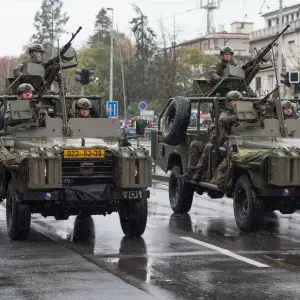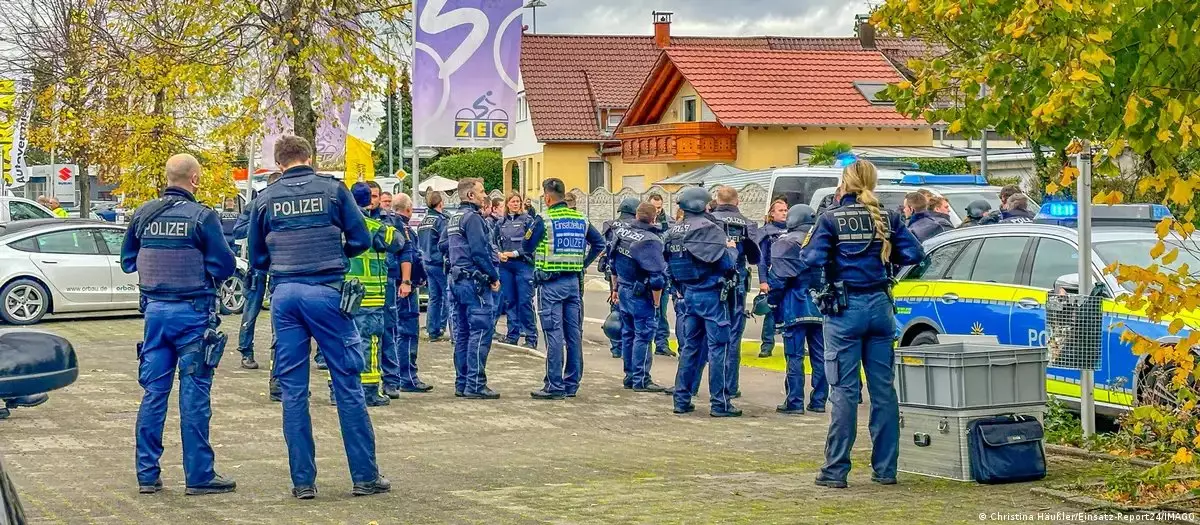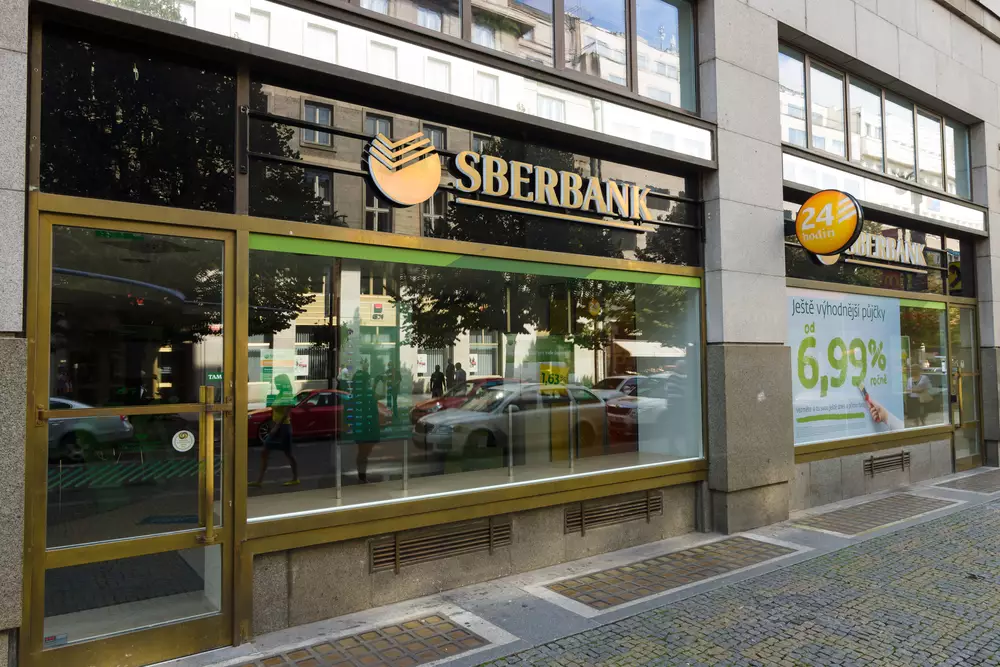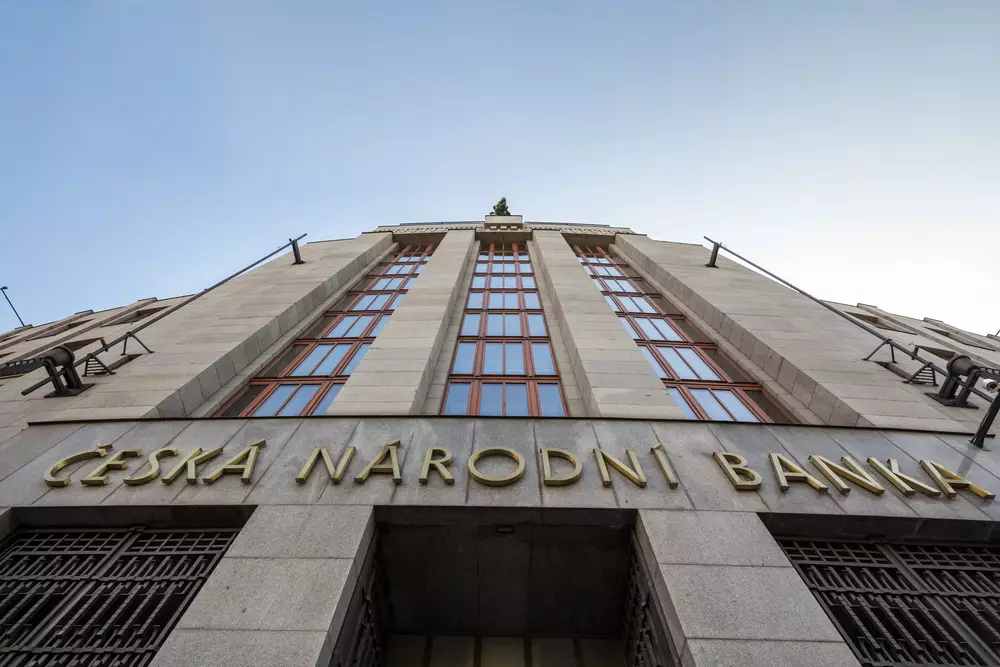Two events expected to take place on Thursday 10 September can be perceived as symbolic of the development in the Czech Republic and Slovakia in the past 20 years. Czech Constitutional Court should decide on the constitutionality of the early elections and Slovak Prime Minister will meet his Hungarian counterpart over the dispute between the two countries.
Both events result from the crisis of liberal democracy. The Czech one, however, arouses more sympathy. It holds a solid hope that the society will come out of it more aware of the sense of public life and that some people will even understand the danger of the “fat catfish” who caused the crisis. Czech society is undergoing a lesson from liberal democracy, in which the Constitutional Court plays a significant role of a teacher and its Thursday decision can serve as a cleansing catharsis. It might be late for fundamental changes of the political system permeated by corruption and arrogance but it is still a relief to watch an intelligent debate about the essence of democracy after such a long time.
It is very hard to find anything hopeful, let alone sympathy inducing about the Slovak crisis. Carl Bildt, Foreign Minister of the current EU president, Sweden, called the conflict between Hungary and Slovakia “the biggest one between two EU member states”. This conflict is also a result of an erosion of the political system and the ideas of liberal democracy. Watching the primitive debate of nationalists (whether Slovak or Hungarian) is a terrible experience and the society is likely to come out of this even more confused than before. There is no institution in Slovakia (nor in Hungary) at the moment that would be able to initiate cleansing catharsis. The two governments whose prime ministers Robert Fico and Gordon Bajnai should meet on Thursday are definitely not capable of any such process.













